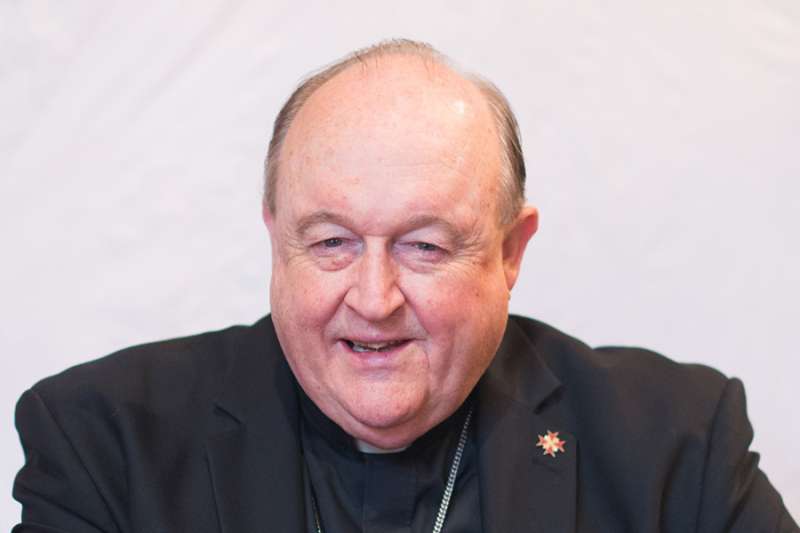In the continued fallout of his conviction for failing to report allegations of child sexual abuse, Adelaide Archbishop Philip Wilson has faced calls both inside and outside of the Church to resign.
Wilson, who earlier this month received a 12-month detention sentence, most of which is likely to be spent under house arrest, said he intends to appeal.
In a July 4 statement posted on the Archdiocese of Adelaide's website, Wilson said he is aware of the calls for his resignation, and has “taken them very seriously.”
“However, at this time, I am entitled to exercise my legal rights and to follow the due process of law. Since that process is not yet complete, I do not intend to resign at this time,” he said, adding that should his appeal prove unsuccessful, “I will immediately offer my resignation to the Holy See.”
Until that time, “the legal process must now be allowed to proceed in the normal way,” he said, adding that he plans to make no further public statements for the time being.
Wilson, 67, stepped aside from his role as Archbishop of Adelaide after being convicted in May of failing to report multiple allegations of child sexual abuse disclosed to him in the 1970s; however, he did not resign.
On June 3, Pope Francis named Bishop Greg O'Kelly SJ of Australia's Diocese of Port Pirie as apostolic administrator of Adelaide, entrusting him with day-to-day leadership responsibilities. At 76, O'Kelly is unlikely to take over for Wilson should the latter tender his resignation.
In a July 5 statement, published the day after Wilson issued his, Archbishop Mark Coleridge, president of the Australian Bishops Conference, noted that “a number of survivors, prominent Australians and other members of the community have publicly called on Archbishop Wilson to resign.”
These include Australian Prime Minister Malcolm Turnbull and opposition leader Bill Shorten, who have argued that the archbishop is not in a position to lead.
“Although we have no authority to compel him to do so, a number of Australian bishops have also offered their advice privately,” said Archbishop Coleridge, adding, “Only the Pope can compel a bishop to resign.”
Coldridge said the conference has been “closely following” Wilson's case and they respect his decision to appeal, which is “the right of any citizen,” but said that “we also recognize the ongoing pain this has caused survivors, especially those who were abused by Jim Fletcher.”
Wilson was found guilty of failure to report accusations of crimes carried out by abusive priest Fr. James Fletcher, who was convicted of nine counts of sexual abuse and was jailed in 2006. He died of a stroke within the year.
Two of Fletcher’s victims - Peter Creigh and another altar boy who is unnamed for legal reasons - said they had told Wilson of their abusive experience with Fr. James Fletcher, and that Wilson, who had only been ordained a priest for a year when Creigh came to him in 1976, dismissed their complaints.
Wilson has maintained his innocence throughout the process, saying he had no recollection of the accusations, and insisting that if he had been notified of the scandal, he would have offered pastoral care to the victims and their families, and reported the event to his superiors.
According to CNN, the archbishop’s legal team argued that in the 1970s, child sex abuse was not understood to be a serious crime that should be reported to authorities.
His legal team had attempted four times to have the case thrown out, including after the archbishop was diagnosed with the early stages of Alzheimer’s disease late last year, but it was denied.

